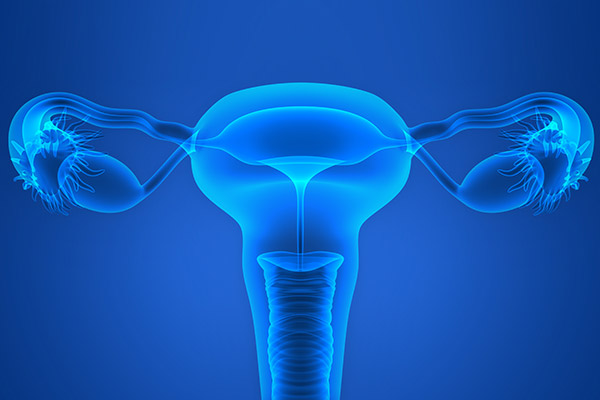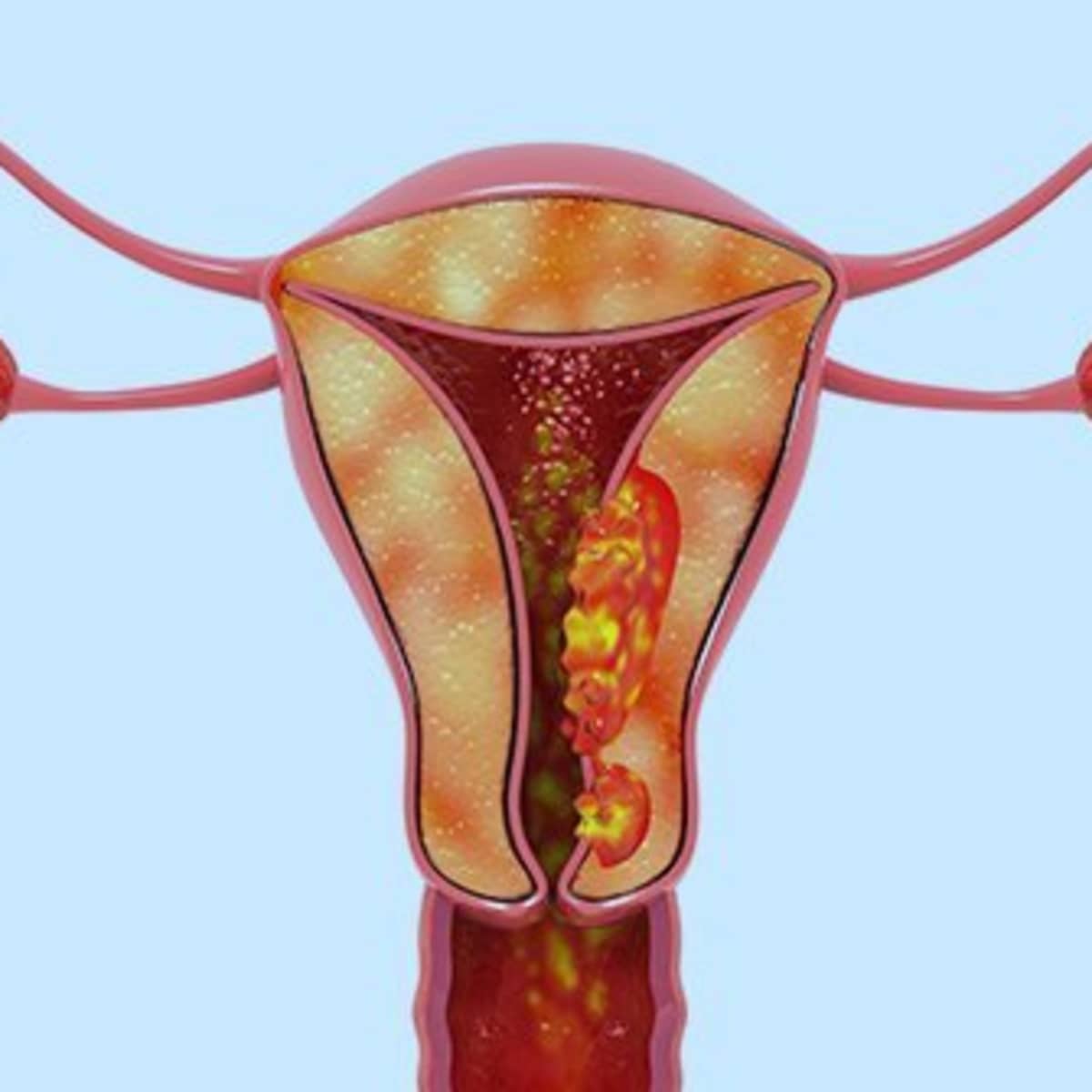

Endometrial cancer usually occurs with non-menstrual or post-menopausal bleeding and allows early diagnosis and treatment. In particular, women in the menopausal period should be followed up well and should be seen by a specialist as soon as possible in case of abnormal bleeding.

How Is Endometrial Cancer Diagnosed?
Endometrial cancers are cancers that can be diagnosed at an early stage. It usually manifests itself with abnormal bleeding outside of the menstrual period. Women who have bleeding outside of their menstrual period or after menopause, who have pain in the lower abdomen or who have complaints of pain during sexual intercourse should be evaluated by gynecologists and obstetricians.
Your doctor will take your medical history along with your family history and examine it. As a result, he may request the following examinations according to his findings.
In endometrial cancers, a sample is taken from the tissue and the biopsy method is applied to the patient. Some diagnostic methods used in endometrial cancers are as follows:
Ultrasonography
In this method, which is usually applied as a part of the examination, an ultrasound device is placed inside the vagina to image the inside of the uterus.
Endometrial Biopsy
It is a tissue sample taken from the uterus. In some patients, it may be appropriate to do it even in office conditions.
Hysteroscopy
It is the process of examining the uterus by placing a camera through the vagina. A biopsy can also be done during this procedure.
CA-125
It is a blood test that can be used in the diagnosis of endometrial cancer, as well as in the evaluation of the course of treatment.

How Is Endometrial Cancer Treated?
It is performed using different treatment options such as surgery, radiotherapy, chemotherapy and hormone therapy for endometrial cancers.
Surgical treatment
Surgical treatment is the mainstay of treatment for endometrial cancers. The scope of surgical treatment, which can be performed openly or closed with laparoscopic methods, can vary from removal of the uterus to biopsy from the peritoneum.
Radiotherapy
It is a type of treatment that can be used to reduce the masses before surgery, after surgery or in cases where the surgical method cannot be performed and the cancer has spread.
Chemotherapy
It is a type of treatment that can be used to support surgical treatment or in cases where the surgical method cannot be performed and the cancer has spread. It also helps to prevent the spread of the disease after the first treatment applied to the patient.
Hormonal Therapy
It is a treatment method that can be used for tumors that are found to have hormone receptors (sensors) as a result of the examinations.
It is performed using different treatment options such as surgery, radiotherapy, chemotherapy and hormone therapy for endometrial cancers.